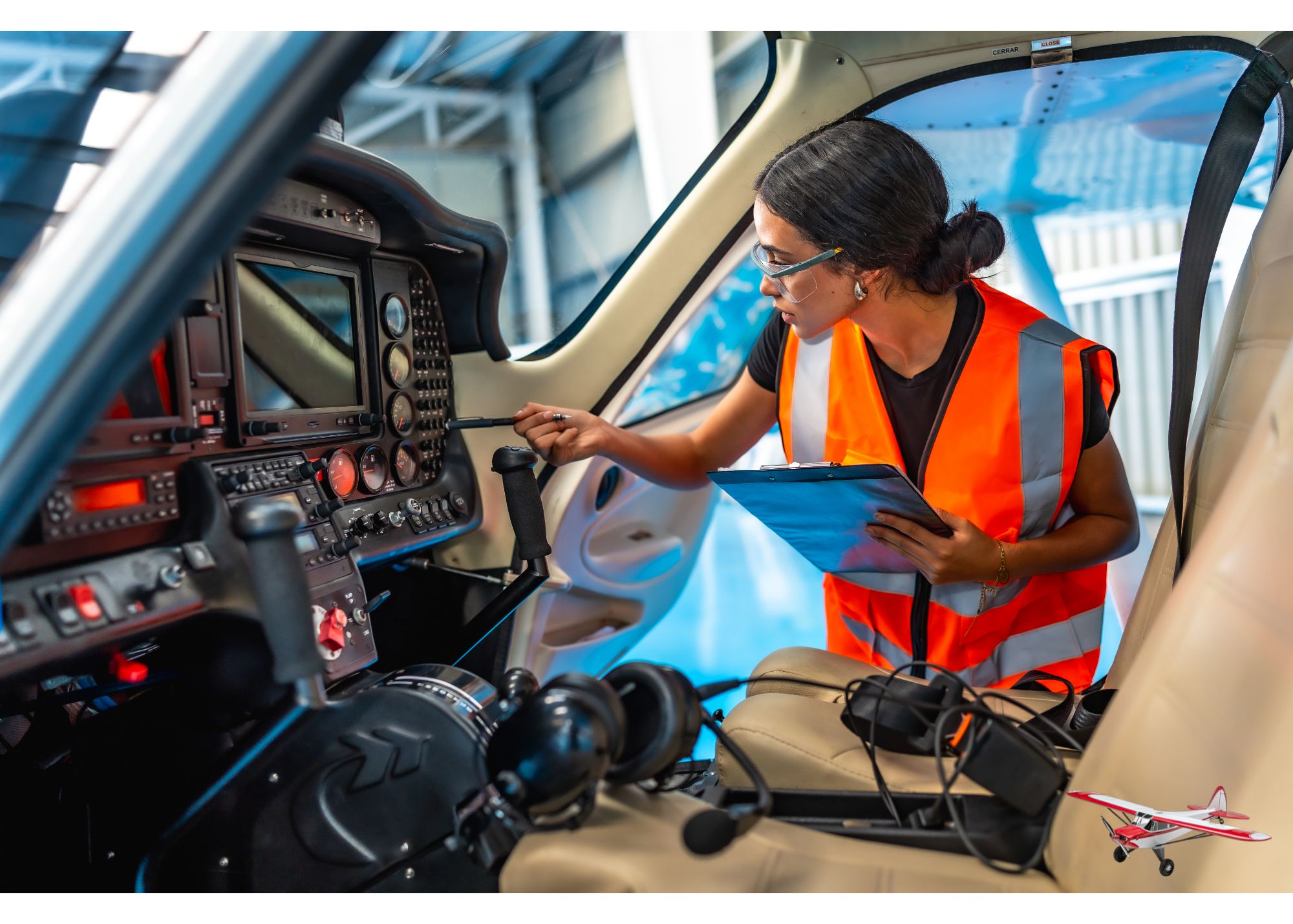Genius Billionaire Investing Strategy (Buffett Inspired)
After scouring through billionaire portfolios recently, something surprising jumped out. After doing a deeper dive, the genius of the strategy became apparent. It’s similar to a strategy Buffett employed pre-2020. Before getting into what Dalio did, let’s look at Warren Buffett’s famous position, and how smart it was but also how and why it ended poorly.
Key Training Points
- Warren Buffett’s airline strategy involved buying all major airlines to mitigate risk and protect against potential failures in any one airline.
- Ray Dalio’s investment philosophy is focused on risk mitigation and understanding correlations across sectors. He employs a similar strategy to Buffett’s airline approach by investing in both Coca Cola and Pepsi, which are dominant players in the beverage industry. This way, no matter who wins the market share battle, Dalio wins.
- In sectors where one company dominates, like Alphabet in search, there is no need to invest in a competitor. However, in industries with two dominant players, investing in both can help mitigate risk and ensure success regardless of the outcome.
The Buffett Airline Strategy
If you are a close observer of Buffett, you’ll know for decades he dismissed airlines as a wonderful technology and a horrible investment. The two don’t seem to go hand-in-hand but history had shown evidence that Buffett was correct. Airlines were indisputably valuable to global commerce but they were notoriously fragile businesses; a litany of airlines had gone bankrupt over the decades since aircrafts were first invented.
It seemed shocking then when Buffett scooped up airline stocks pre-2020 (pre-pandemic). But there was a real genius behind Buffett’s strategy. He didn’t bet on American Airlines nor Delta nor United nor Southwest. No, he bought all the airlines in one fell swoop. That meant if one airline failed in some way, for example, a plane crashed causing bad publicity, or it lost market share, or it went bankrupt, one of the other three would stand to benefit.
An investor could lose more easily by buying a single airline but by purchasing all four, it’s hard to end up too far under water. Certainly Buffett would have thought so, or he wouldn’t have bet on a sector he had dismissed for so many decades. But then the pandemic came along and, of course, global travel restrictions meant all airline stocks were correlated and fell.
Absent a catastrophic global event, the strategy has a lot of merit, and most recently we stumbled upon Ray Dalio employing it, albeit in a different sector.
How Billionaire Dalio Wins, No Matter Who Wins
Ray Dalio, the chief investment officer at Bridgewater Associates, has an extraordinary track record inspired by a philosophy of risk mitigation.
He has a view that if you understand how correlations across sectors work, you can significantly reduce risk. For example, aerospace stocks are negatively correlated with the price of oil. So, if you have exposure to both, you lose less when either goes down than if you have sole exposure to just one or the other.
While Dalio has undoubtedly employed this strategy to great effect – returning 11.5% annually for the past 28 years – he has also come up with a risk mitigation strategy within sectors similar to what Buffett employed with airline stocks.
One such example is his purchase of Coca Cola AND Pepsi. Dalio’s portfolio holds 3.3% of each stock. It would be easy to gloss over the fact that he owns the two leading brand names in the beverage industry and skim through the rest of his holdings. But the genius of holding both is that if one loses market share, the other will almost certainly gain market share. No matter who wins the beverage war, Dalio wins.
In a sector where one company dominates, it suffices to own that company. For example, Alphabet dominates search so there’s no need to buy a competitor.. for now. Perhaps Microsoft integrating ChatGPT into Bing will prove to be a big threat over time. In the beverage industry, however, both Pepsi and Coca Cola are giants. Pepsi has 31.5% market share while Coca Cola holds 46.3%. Together that’s a dominant market share that Dalio has exposure to, and one that is unlikely to be diminished anytime soon. In short, no matter who wins, the billionaire comes out on top.



